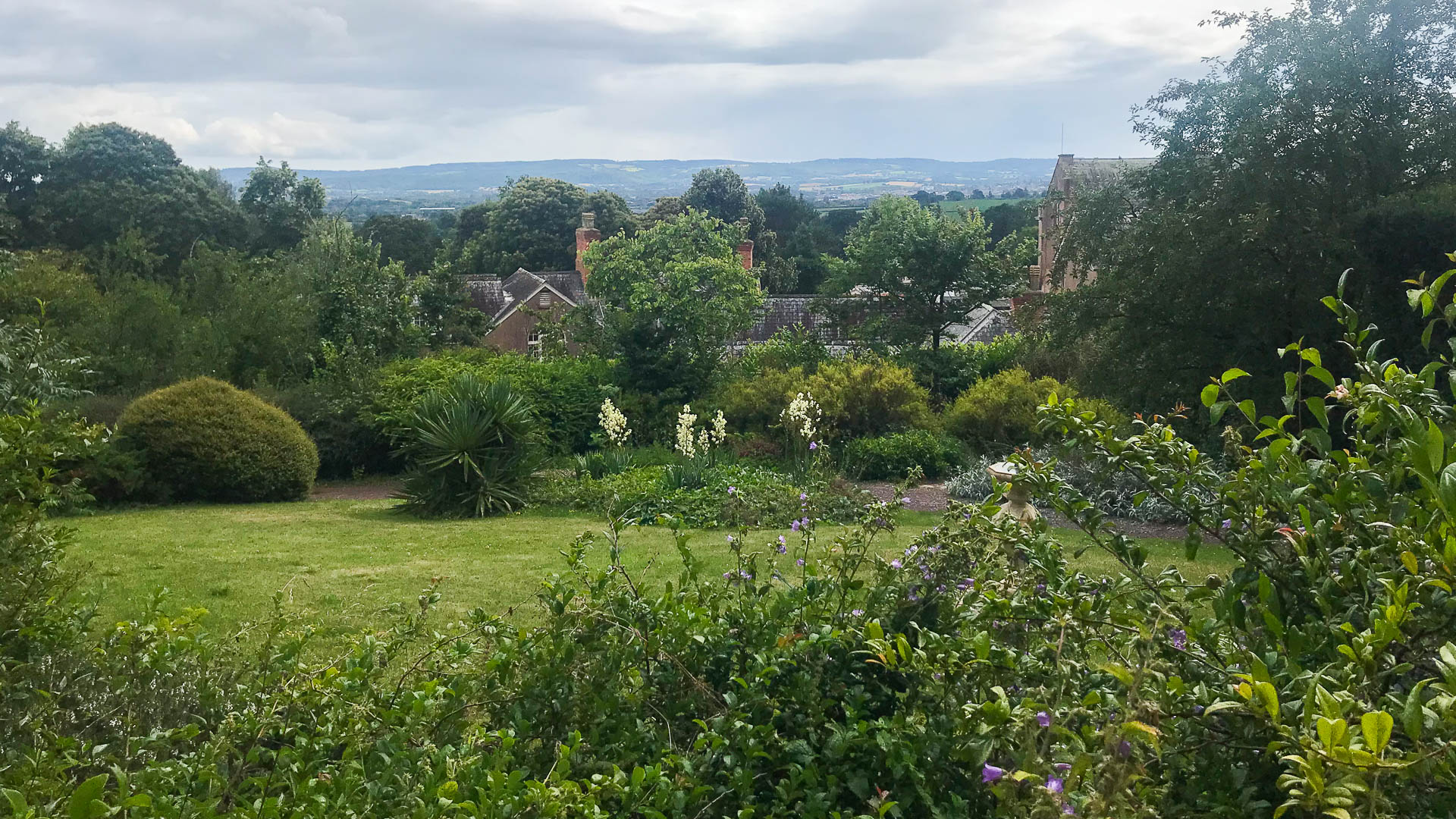I had forgotten the lusciousness of the English countryside in summer.
Walking through the dappled light of woods of oak, hawthorn, and holly, stepping over old stone walls covered in moss while trying to avoid the thigh-high stinging nettles, my senses were alive to the sounds, smells and sights of the environment, and it felt so good.
What surprised me though was the deep visceral sensation in my gut, a sense of true connection to the land I was walking on, something I had never experienced before.
Nature has always been a source of solace, which is what I needed right now at a time of personal grief and loss.
Maybe you’ve experienced this yourself.
Spending time outside, whether wandering through beautiful countryside, sitting in a park or even in your back garden is calming. It quietens the mind and reminds you death is simply a part of the cycle of life.
Nature places no demands on you.
While work and family and life’s little curveballs can pull you in multiple different directions simultaneously, time in nature allows you to unplug from all of that, to just be.
There are five ways nature helps us to heal from loss.
1. Nature reminds us we will endure.
Each day brings the certainty of another sunrise and that we can carry on. The ordinariness of life continues.
2. Special places can provide meaning.
Revisiting places in nature that stimulate special memories, connecting people to place, are greatly reassuring.
3. Nature helps us to find release.
Dealing with loss is emotionally draining. Spending time in nature is soothing, and can keep you from staying stuck in sadness and grief. This is where escaping to the wilds, whether mountains, the sea or the desert can be helpful, especially when dealing with mixed emotions. Not all relationships run smoothly, and some are strained due to geographical distance. Guilt for not being around enough is a burden that can be eased by time out in a green or blue space.
4. The interconnectedness of everything.
Looking up into the canopy of tall trees, or looking out over expansive vistas, like looking up into the vastness of the night sky is a wonderful way to keep things in perspective. That sense of awe and wonder reminds us of our own personal insignificance but connects us at a deeper level at the same time.
5. Alone together.
Some of us like to spend time alone in nature. Others enjoy being with others, whether family or friends. I have always loved both. We all experience grief and loss at different times in our lives. Spending time with others who understand what you are going through is a reminder that we all tread the same path of challenging emotions and feelings.
This is where the kindness of strangers and colleagues is especially helpful. Your boss who gives you leave “take all the time you need,” or the person selling tickets to gain admission to a National Trust facility who asks the purpose of your visit extends their sympathy, is a great reminder that grief and grieving is normal.
Because we are human.
Spending time in nature reduces stress and psychological distress. Whether seeking to spend time in contemplation or reflection, nature helps us to find peace.
Has spending time in nature been helpful to you when dealing with grief and loss?
I’d love to hear your thoughts.
Jenny is a Board-Certified Lifestyle Medicine Physician, author, coach and workplace wellbeing specialist. Her latest book Thriving Mind: How to Cultivate a Good Life (Wiley) is available online and at all good bookstores.
If you’re looking for someone to speak at your event or assist your business, department or team develop a high level of mental fitness, let’s set up a time to talk.


